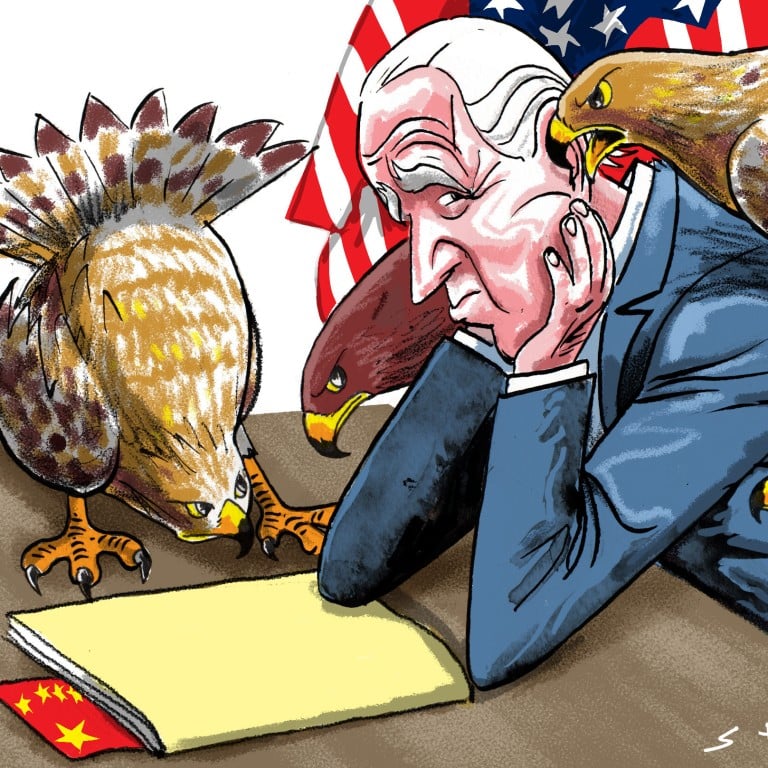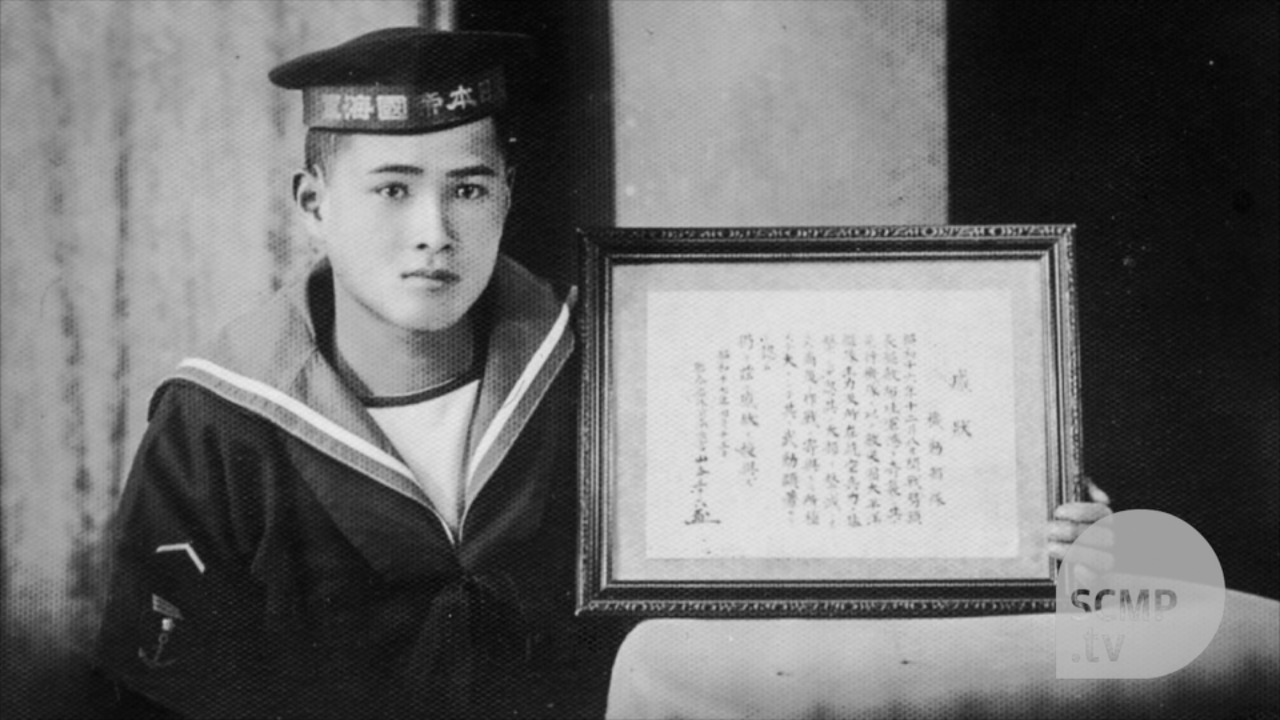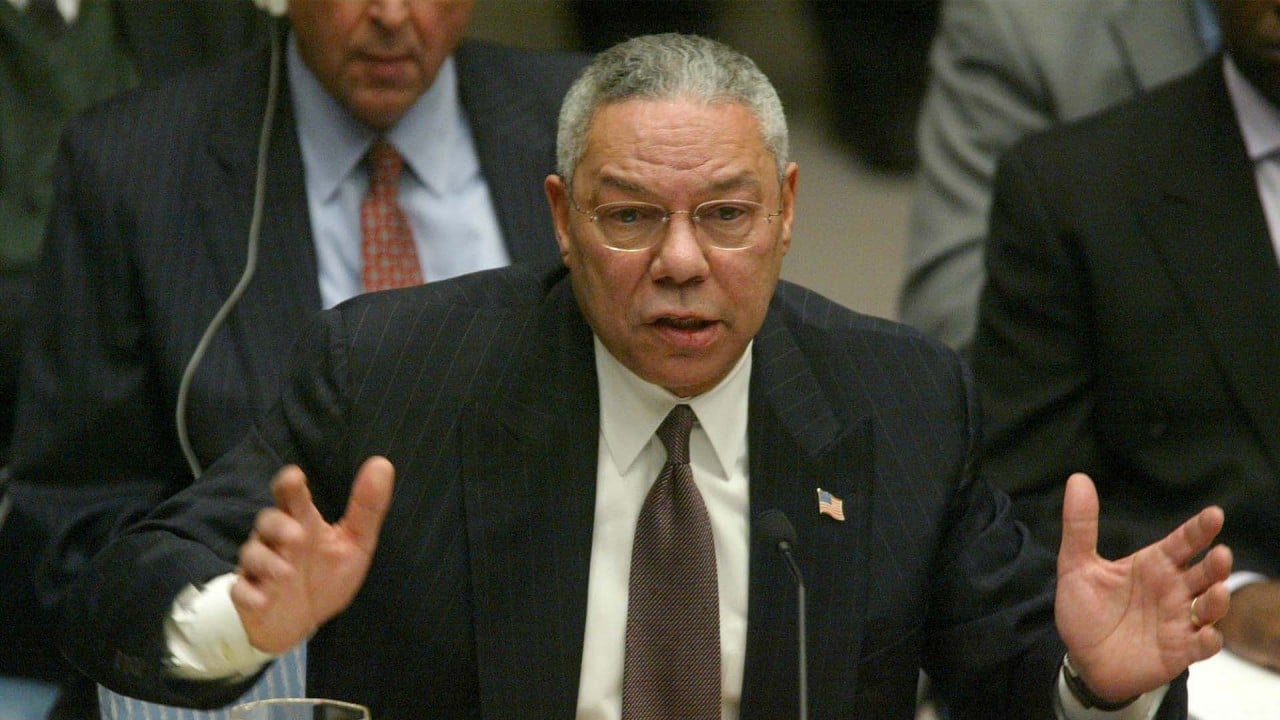
Beware a new generation of ‘Washington Warriors’ bent on deterring China
- US history is no stranger to rambunctious bureaucrats and advisers whose cunningness led America to war
- Today’s Washington hawks have faith in the invincibility of US military power and its ability to deter China
The China of 1941 was a poor, rural nation. It was, on one hand, fighting the Japanese Imperial Army, which had controlled large chunks of its territory since 1937, while on the other, it was fighting the forces of the Communist Party. At a time when many Americans could not even locate China on a map, the United States deeply sympathised with the plight of the Chinese people.
Within the administration, a group of bureaucrats, policymakers and pundits who some historians have referred to as the “Washington Warriors” held sway in the capital’s power centres. They pushed for a more hawkish foreign policy aimed at confronting both Nazi Germany across the Atlantic and Imperial Japan in the east.
At the heart of the policy debate on Japan was oil. Most of the oil that lubricated the Japanese war machine came from the US, and Roosevelt was pressed to cut off the supply. It is commonly held that Japan’s attack on Pearl Harbour was in response to the American oil embargo, but this is not exactly what happened.
70 years since attack on Pearl Harbour
His solution was to restrict the free flow of oil to Japan, providing it with just enough to maintain its military operations but not enough to expand its war beyond China. He thought that would be enough to keep the US out of the war.
In the last week of July 1941, Washington froze all Japanese assets in the US. The State Department was authorised to decide how much oil Japan could purchase, and a three-man panel named the Foreign Funds Control Committee (FFCC) – comprised of assistant secretary of state Dean Acheson, Treasury Department general counsel Edward Foley and Justice Department assistant attorney Francis Shea – was authorised to release money from the US Treasury for the Japanese to buy the approved volume of oil. Roosevelt intended to bring Japan to its senses, not to its knees.
During those weeks of absence, the FFCC did what it could to obstruct the release of funds to Japan, applying red tape and delaying export permits. In short, it imposed a de facto embargo. Acheson, the dominant figure behind the scheme, took advantage of the fact that secretary of state Cordell Hull was ill and absent from the State Department for an extended period. Lower-level officials effectively cut off the supply of oil to Japan behind Roosevelt and Hull’s backs.
This cautionary tale is highly relevant to our time. American history is no stranger to rambunctious bureaucrats and advisers whose cunningness led America to war, and as the Vietnam and Iraq wars demonstrated, Washington can be forgiving of such conduct.
But, 80 years later, a new generation of “Washington Warriors” has embedded itself in the centres of power of America’s capital. They have faith in the invincibility of American military powers and their ability to deter China and that, if conflict with China is unavoidable, it should happen sooner rather than later.
For China and the US, the lesson is that the actions and words of the American president matter but they are not all that matters. Those of hawkish advisers and mid-level officials at federal government agencies might matter even more. Left unsupervised, they could seize the opportunity and force the president into positions from which he would not be able to back down, and that would be a tragedy for all.
Gal Luft is co-director of the Institute for the Analysis of Global Security and professor in Ostim Technical University



